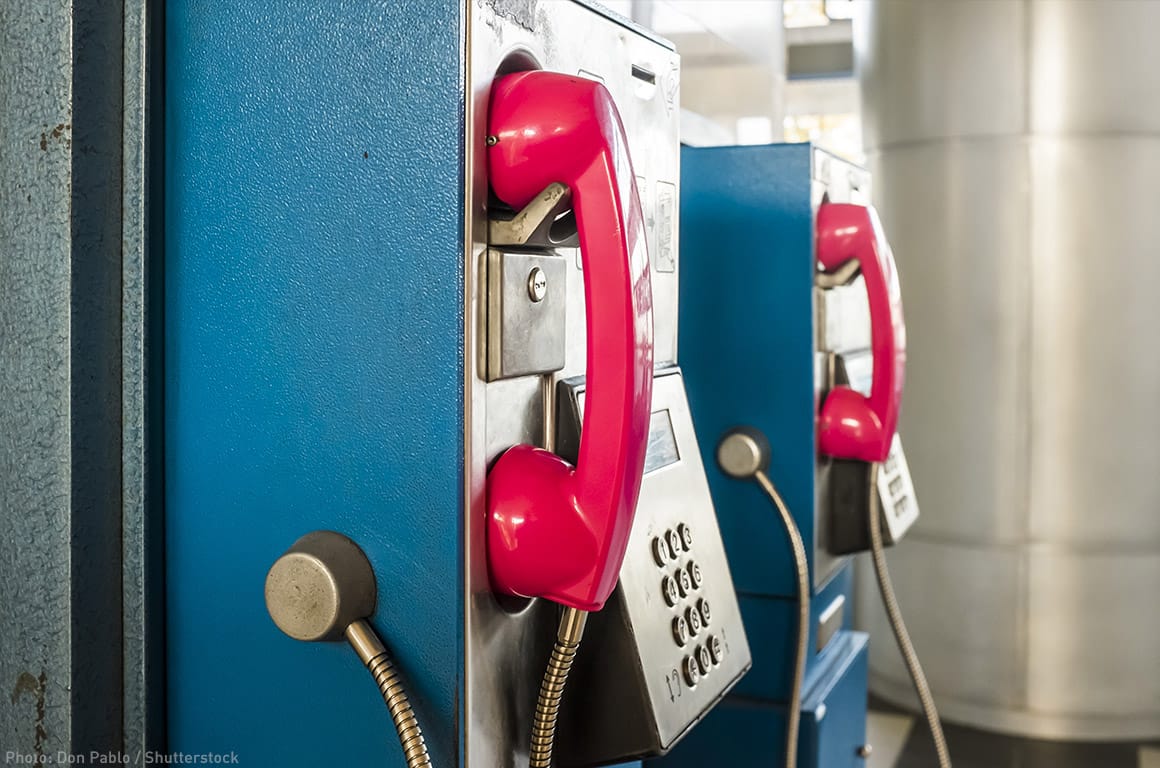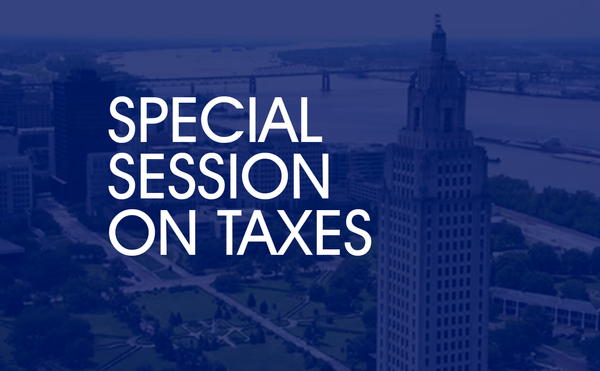FCC to Slash Prison Call Rates, Ending Decades of High Costs

WASHINGTON — The Federal Communications Commission (FCC) is poised to significantly reduce the costs of phone calls for incarcerated individuals and their families, potentially bringing an end to the long-standing era of high telecom charges.
Starting next month, the FCC plans to implement new rules that will drastically lower the current per-minute rate caps for out-of-state and international audio calls from correctional facilities. These rate caps will also be extended to in-state audio calls, the agency announced Wednesday.
On July 18, the FCC will vote on the proposal, which aims to "end exorbitant phone and video call rates that have burdened incarcerated people and their families for decades," according to a news release issued by the agency.
"Congress empowered the FCC to close the final loopholes in the communications system, which has had detrimental effects on families and recidivism rates nationwide," the FCC stated, referencing the Martha Wright-Reed Just and Reasonable Communications Act. This legislation, signed by President Biden early last year, clarified the FCC's authority to regulate in-state calls from correctional facilities and video calls.
If the proposal is adopted, the cost for a 15-minute audio call from large jails using a single service would drop to 90 cents, down from the current maximum of $11.35. In smaller jails, the cost would decrease to $1.35, compared to the current $12.10 for the same duration, the FCC reported.
Previously, the FCC had successfully imposed caps on rates for out-of-state calls from prisons but had not extended these caps to in-state calls, according to the Prison Policy Initiative.
"Exorbitant costs and fees heighten depression, isolation, and loneliness among incarcerated individuals—actively harming them instead of providing any discernible benefit," a coalition of organizations wrote in a June 17 letter to the FCC, urging the agency to reduce rates as much as possible.





